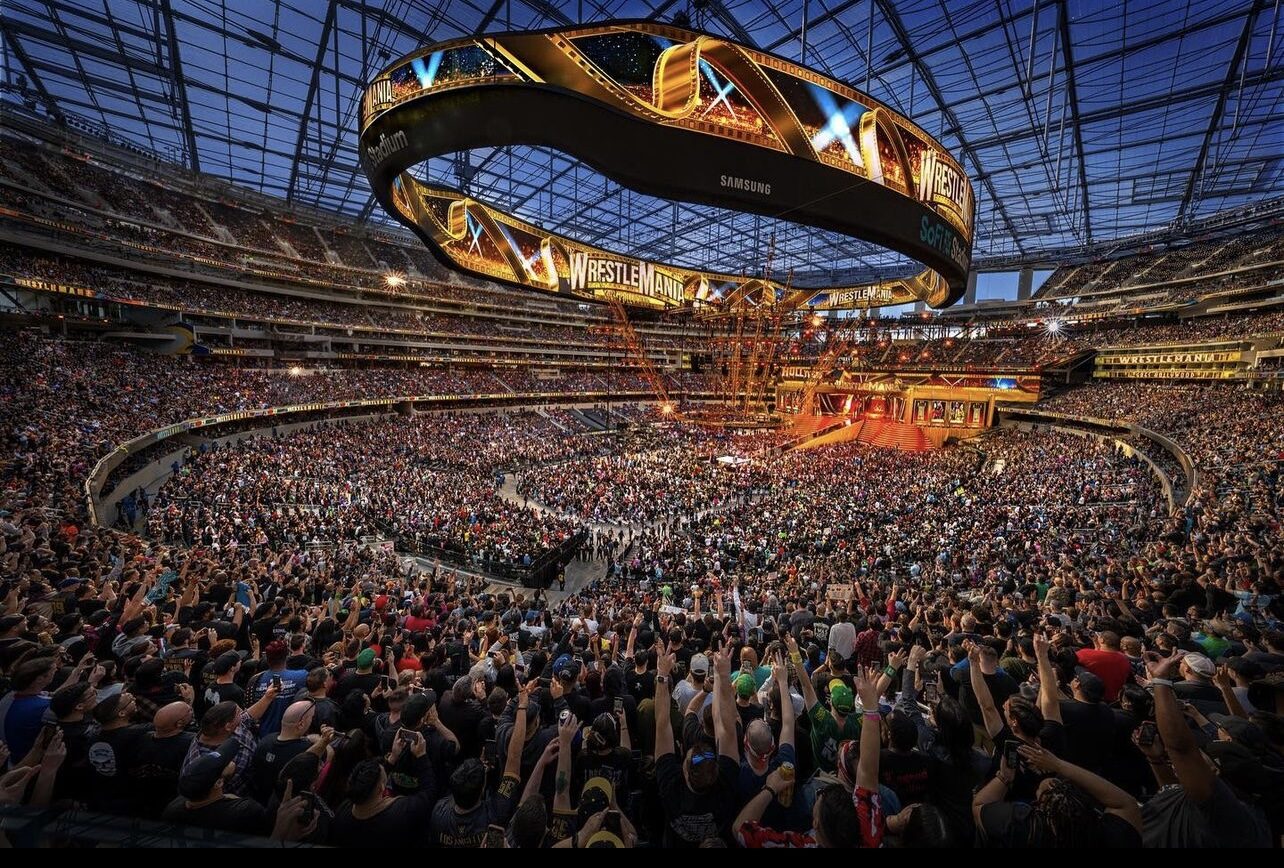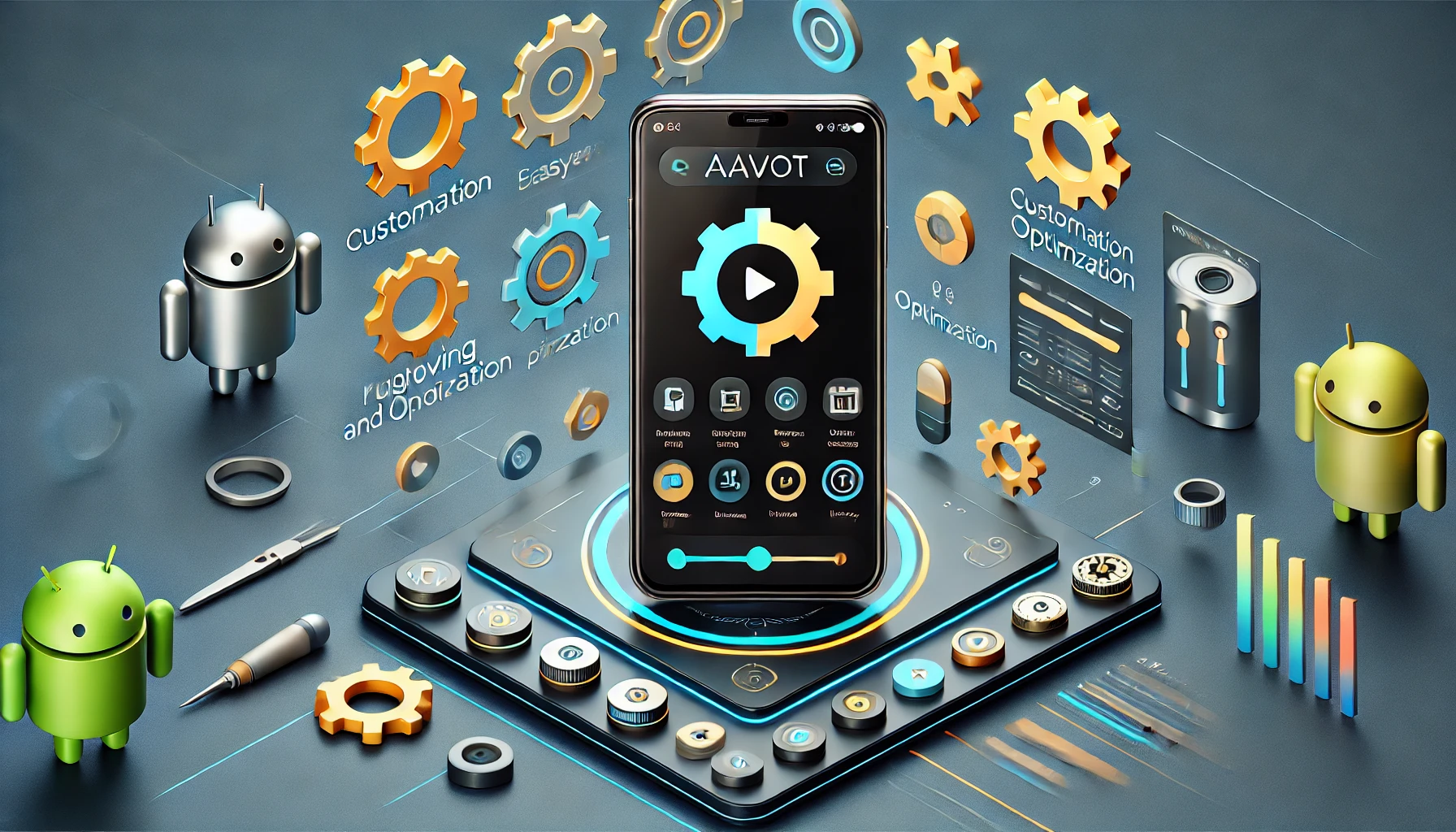
Concerts have long been a cherished form of entertainment for music enthusiasts worldwide. Whether it’s a massive festival, an intimate acoustic set, or a grand symphonic performance, concerts offer a one-of-a-kind experience that no other medium can replicate. The atmosphere, the energy, and the connection between artist and audience make concerts an unforgettable event. This article delves into the fascinating world of concerts, highlighting their history, significance, and the emotions they evoke.
The Evolution of Concerts: From Classical to Modern-Day Festivals
The concept of live performances dates back centuries, with concerts evolving dramatically over time. Early Concerts were often limited to classical music and formal settings, where orchestras or solo musicians performed for royalty or small, elite audiences. These performances were highly structured and often took place in theaters or private homes.
Classical Concerts
Classical music concerts in the 18th and 19th centuries were events where audiences gathered to witness live interpretations of compositions by iconic figures such as Mozart, Beethoven, and Bach. These performances were meticulously rehearsed, and the audiences were expected to maintain a level of decorum. The atmosphere was one of reverence for the music and the artists, with little interaction between performers and the audience.
Rock and Pop Era
As the 20th century progressed, concerts began to shift with the rise of rock and pop music. The traditional boundaries of performance spaces expanded, and the audience-artist dynamic transformed into a more interactive experience. Artists like Elvis Presley and The Beatles revolutionized live performances in the 1950s and 1960s by incorporating high-energy performances, fan interaction, and emotional connections with the audience.
By the late 1960s, festivals like Woodstock cemented concerts as not just musical experiences but also cultural and political statements. The large crowds, open-air venues, and festival atmosphere of these events have persisted, with modern-day festivals like Coachella, Glastonbury, and Lollapalooza attracting millions of attendees each year.
The Age of Technology: Virtual Concerts
In recent years, technological advancements have introduced a new dimension to concerts — virtual performances. Musicians now use livestream platforms and virtual reality to bring their performances to fans worldwide without physical boundaries. Virtual concerts gained significant popularity during the COVID-19 pandemic, allowing fans to experience live music safely from their homes. These concerts offered a temporary solution when in-person gatherings were restricted, and while they lack the same tangible energy of live shows, they opened new opportunities for global fan interaction.
Emotional Impact: Why Concerts Are a Unique Experience
One of the reasons concerts hold such a special place in the hearts of music lovers is the emotional impact they create. Concerts offer a multi-sensory experience that extends far beyond just hearing music. The visual elements, energy of the crowd, and the artist’s performance can elevate emotions to unparalleled heights.
Connection Between Artist and Audience
The live nature of concerts allows for spontaneous interactions between the performer and the audience. Whether it’s a musician sharing personal stories between songs or encouraging the crowd to sing along, this connection creates an intimate and memorable experience. This level of engagement can forge a deep bond between the artist and fans, making concerts a deeply personal event for many attendees.
The Power of Shared Experiences
Attending a concert with friends, family, or even strangers creates a communal experience that amplifies the emotional intensity. The collective euphoria of thousands of people singing their favorite songs together can create a powerful sense of unity and joy. Shared experiences, especially when centered around music, can foster lifelong memories and strengthen relationships.
The Role of Venues: How the Setting Shapes the Experience
The venue plays a crucial role in shaping the concert experience. From grand arenas to intimate clubs, the setting influences the atmosphere, sound quality, and audience interaction.
Large Arenas and Stadiums
Major concerts in large arenas or stadiums offer a grand spectacle. With massive crowds, elaborate lighting, and pyrotechnics, these events are often larger than life. Artists like Beyoncé, Coldplay, and U2 regularly perform in such venues, where every detail of the performance is designed to create awe-inspiring moments. The sheer scale of these concerts adds to the excitement, with fans often feeling the electric energy of being part of something monumental.
Intimate Venues
On the other hand, smaller, more intimate venues offer a completely different but equally powerful experience. In these settings, the audience is closer to the artist, creating a more personal and raw connection. Acoustic sets or indie band performances in small clubs allow fans to feel like they are part of something exclusive and special, with the artist’s emotions and lyrics taking center stage. These venues offer a stripped-down, less commercialized version of the concert experience, where music is the focus.
Outdoor Festivals
Outdoor festivals combine both large-scale and intimate elements by offering multiple stages, various musical genres, and a communal atmosphere. Festivals create a relaxed environment where attendees can discover new artists while enjoying established favorites. The open-air setting often adds a natural beauty that enhances the overall experience, with the blend of music, food, art installations, and interactive elements creating a full sensory immersion. Festivals also provide a sense of freedom, with the audience able to move between stages, meet new people, and curate their own musical experience.
Concerts and Cultural Significance
Beyond entertainment, concerts often serve as cultural milestones. Artists use concerts to express themselves, address social issues, or support causes. Major benefit concerts, such as Live Aid or charity shows, have had significant political and social impact. Concerts can raise awareness of global crises, provide a platform for activism, and unite people for a cause.
Music Festivals as Cultural Icons
In some cases, concerts and music festivals transcend the music itself to become symbols of a particular era, movement, or generation. Woodstock, held in 1969, became an emblem of the counterculture movement, representing peace, love, and rebellion. Similarly, the Glastonbury Festival has grown into an institution that promotes environmentalism, social responsibility, and the arts. The cultural relevance of such events lies not only in the music but also in the values and ideologies they represent.
Political and Social Messages
Some artists incorporate political and social messages into their live performances, using the platform of a concert to make a statement. For example, during U2’s Concerts, Bono has frequently used his platform to speak out on issues such as poverty, climate change, and human rights. These moments of advocacy help make concerts more than just entertainment; they become powerful tools for social change.
The Future of Concerts: What Lies Ahead?
As the world continues to change, so too will the future of concerts. Technology will undoubtedly play a larger role, with augmented reality (AR) and virtual reality (VR) enhancing live experiences in ways never before imagined. Virtual concerts, hybrid live-streamed performances, and immersive digital elements could become more common, allowing fans from all over the world to participate in concerts in real-time.
At the same time, the demand for in-person experiences remains strong. As humans, we crave connection, and there is no substitute for the tangible experience of a live concert. The energy, the crowd, and the shared emotions are what make concerts so uniquely impactful. Even as technology advances, the magic of a live performance will always hold a special place in our hearts.
Conclusion
Concerts provide a unique and powerful experience that brings together music lovers, artists, and cultures in ways few other events can. From the emotional highs and shared experiences to the influence of the venue and cultural significance, concerts continue to play a pivotal role in the way we experience music. Whether through intimate performances or grand stadium spectacles, the magic of live music remains a universal language that speaks to the soul.







